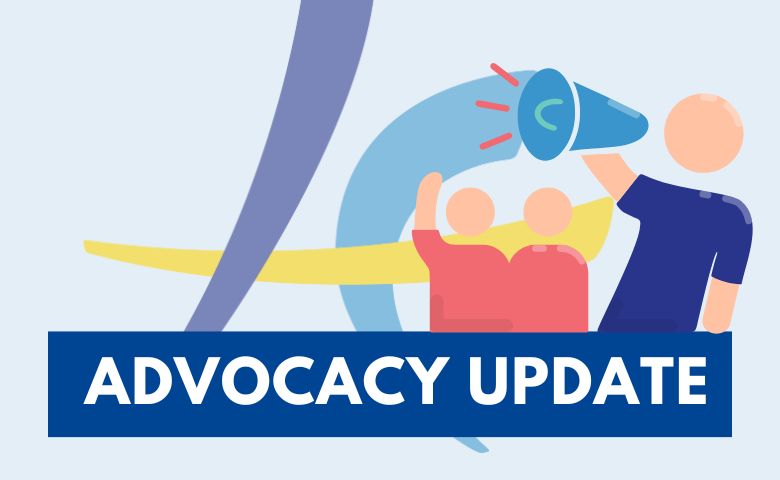Advocacy news

The close and trusting cooperation with partner organisations is a cornerstone of the successful advocacy work that AEC does at the European level. Most of these partner organisations are committed to sector-specific tasks that are both clearly demarcated from AEC’s tasks but still settled in their direct periphery. This applies e.g. to EMU and EAS, dealing with music education, but not with higher music education; or to Cilect and ELIA, dealing with higher education, but not with higher music education.
In addition to the above-mentioned, there are also partner organisations which are more acting as a kind of umbrella organisation. Those two European umbrella organisations that are by far the most important for the day-to-day work of the AEC are the European Music Council (EMC) and Culture Action Europe (CAE). Towards the beginning of June, both EMC and CAE had their big annual conferences which also serve as a kind of seismograph when it comes to tracking current developments and trends.
CAE brings together under one roof all those organisations dealing with culture in the understanding of the institutions of the European Union: performing arts, cultural heritage, architecture, gaming industry etc. Here, too, the bandwidth is content-wise very large.
From 6 to 10 June, more than 150 participants gathered in Elefsina, Greece. This year’s headline of CAE’s so called Beyond the Obvious conference was Handle with Care | Culture for Social Well-being. A number of input presentations, panels, workshops and open space gatherings provided opportunities to learn more about the huge variety of aspects and notions of care, social, planetary and individual well-being and to dive deeper into the issue of how arts and cultural engagement can be linked to health and wellbeing – both on an individual as well as on a societal level.
One of the highlights of the event was the presence of Margaritis Schinas, EU Commissioner for Innovation, Research, Culture, Education and Youth. Please see here his keynote address.
The meeting in Elefsina was also the starting point of a co-creative work on a Manifesto for Care addressing the transformative power of culture and its potential to make the world more just and inclusive. The other side of the coin is that the sector can only be healthy if the needs and concerns of cultural workers are taken into account, such as good working conditions and fair remuneration. That too will be the subject of the manifesto. We are eagerly awaiting the final result.
EMC represents the music sector as a whole, ranging from amateur choirs to rock festivals, and from symphony orchestras to early childhood music education.
Also, EMC’s main annual event, the European Forum on Music, took place in the first half of June. Music professionals and enthusiasts gathered in Budapest to get to know relevant case studies, learn about new music projects, and meet their peers who are sharing the same passion and pursuing the common goal of sustaining music. From the start, the discussion went far beyond the simple question of what the music sector can do to mitigate climate change and promote ecological sustainability.
Under the motto Sustain Music, various crucial topics were discussed like the war in Ukraine, as well as issues of gender equity and artificial intelligence. On the last day, a panel discussion addressed the question of how music education can contribute to making the world more sustainable. AEC and the SCHEME consortium contributed a great deal to this inspiring panel discussion which was not only well attended but also stimulated great interest among some of those who usually do not show too much interest in music education.
The annual EMC General Assembly and the elections to the EMC board were embedded into the European Forum on Music. Audrey Guerre, who previously served on the EMC board as Vice Chair, was elected as the new Chair of the EMC board. The new Vice Chair is Michalis Karakatsanis. We wish them all the best for their new tasks and duties. Among the departing board members was long-standing AEC Vice-President Harrie van den Elsen. AEC did not appoint its own candidate this time.
It is regrettable, however, that for the first time in many years, the music education sector is no longer represented on the EMC board. Nonetheless, we are confident that the European Music Council will continue representing the interests of the Higher Music Education community as well as providing opportunities for capacity building and knowledge exchange.





